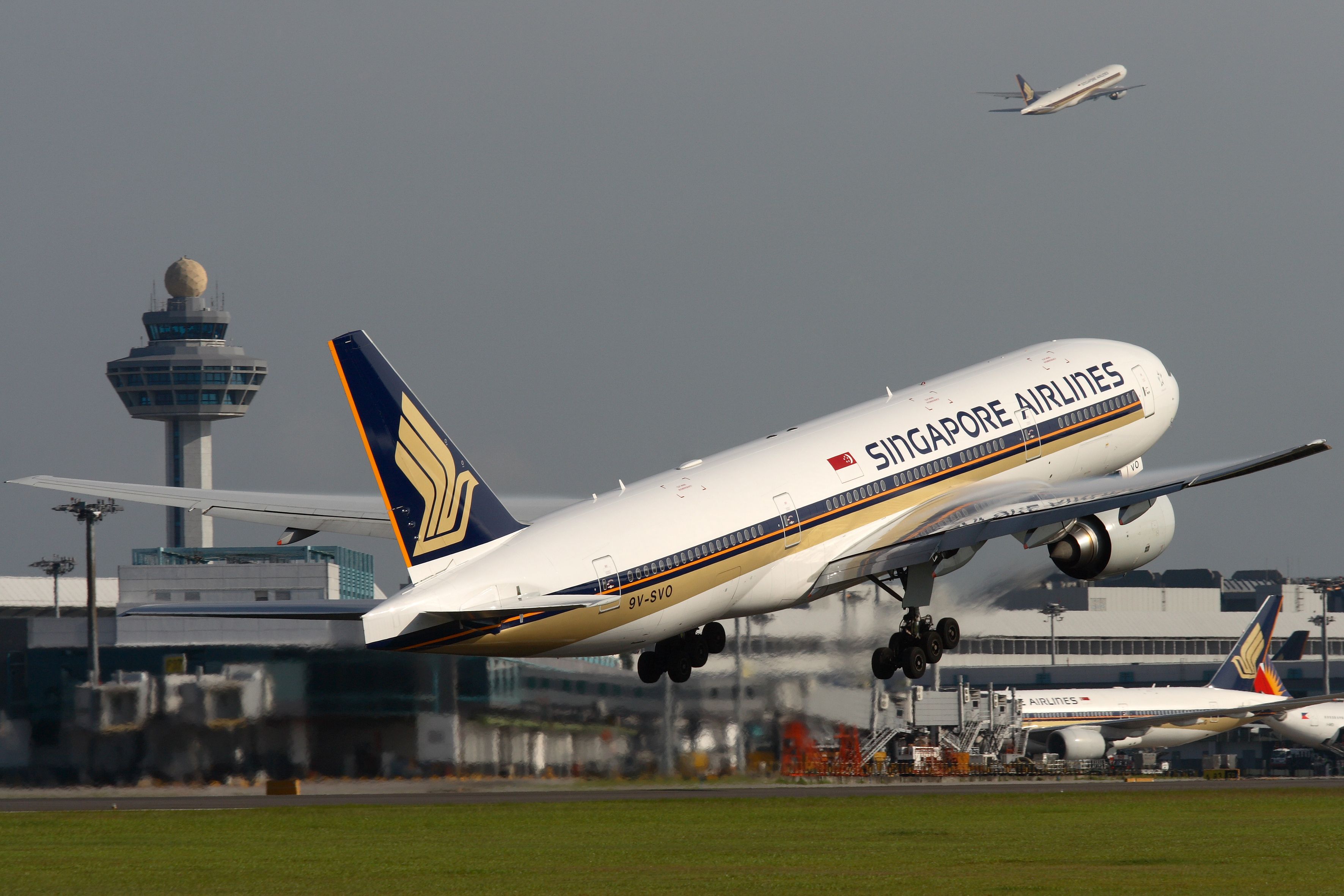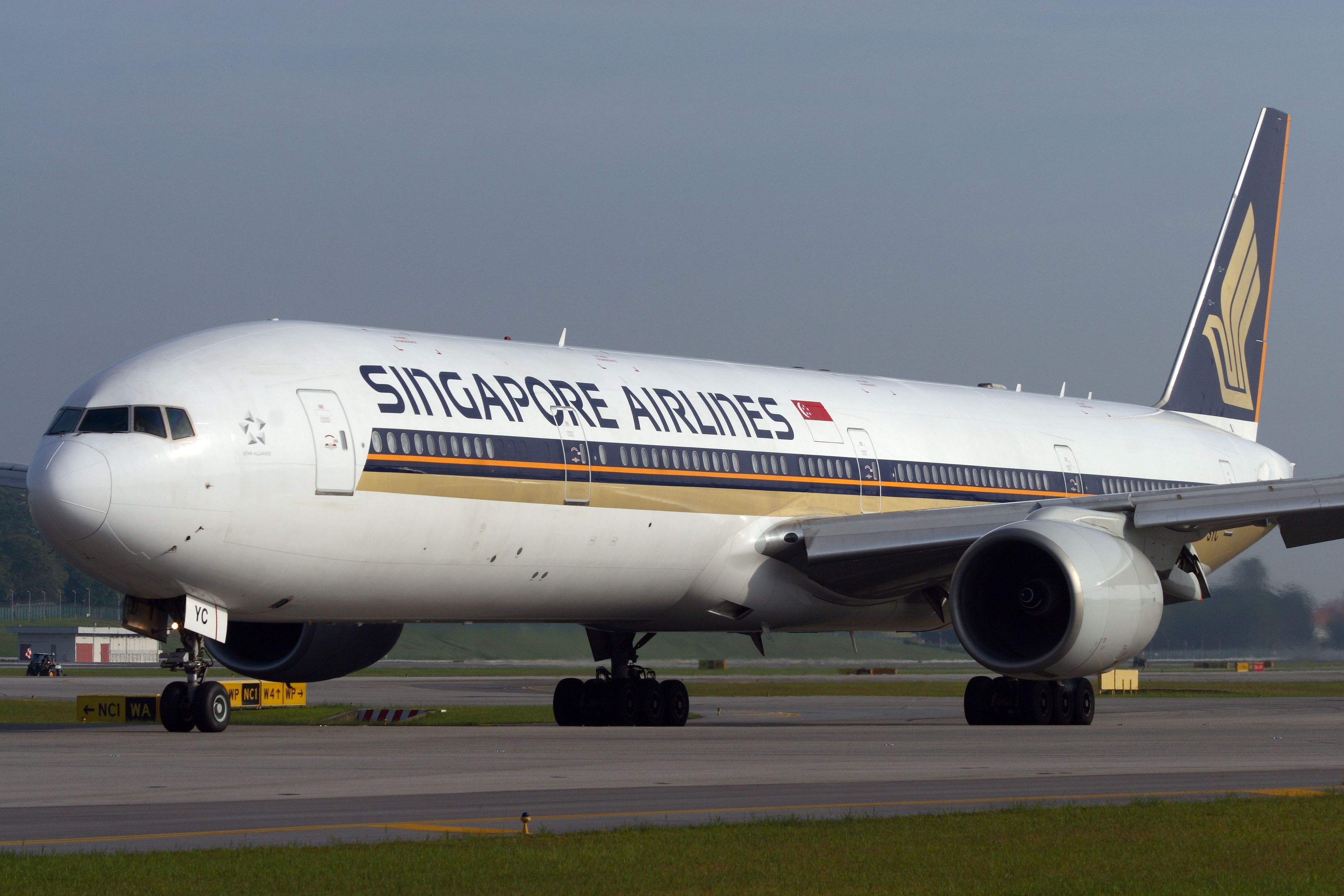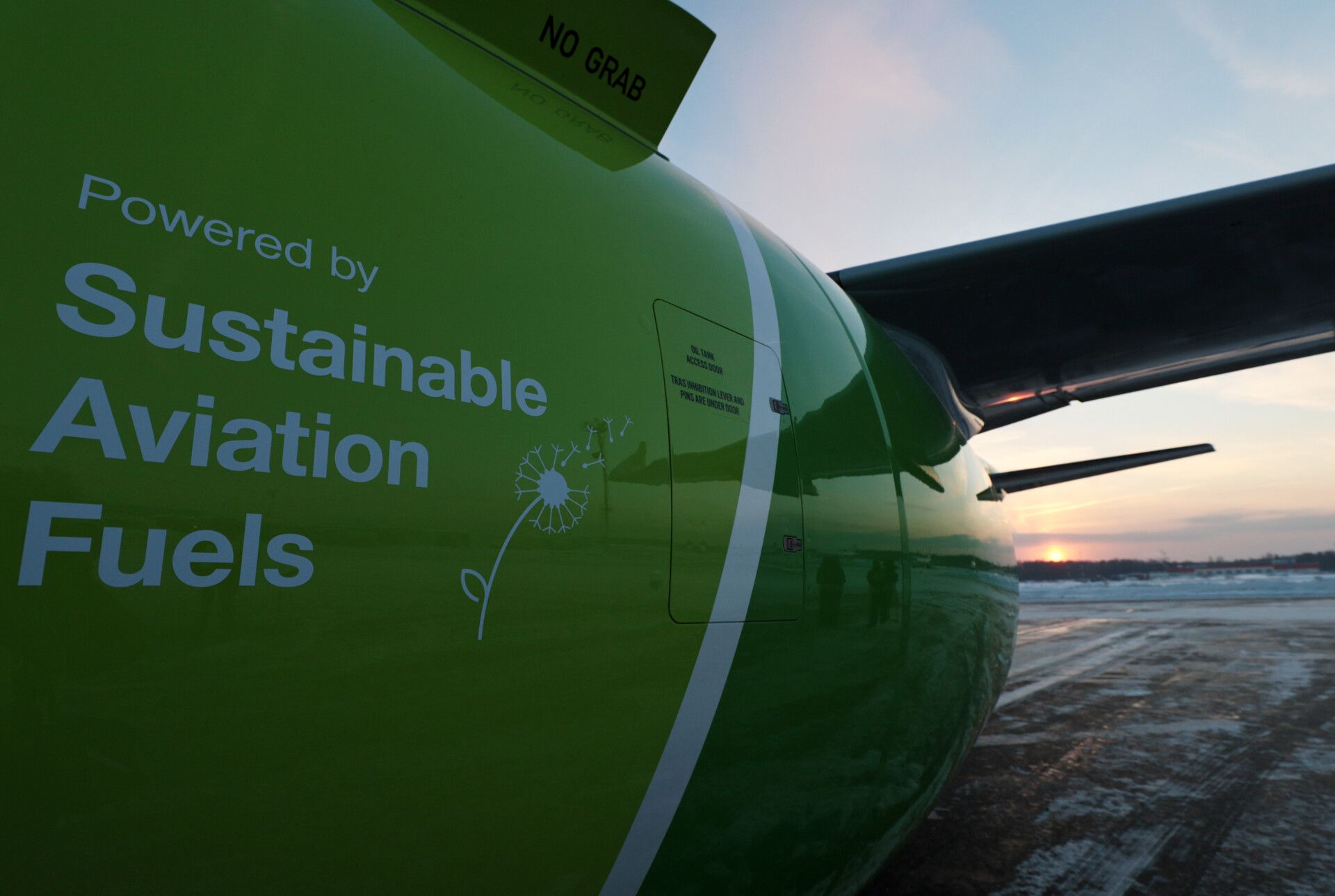From the third quarter of 2022, all Singapore Airlines and Scoot flights will use a blended sustainable aviation fuel (SAF) provided by ExxonMobil. Using the SAF over the one-year pilot is expected to reduce about 2,500 tonnes of carbon dioxide emissions, said the airline in a statement.
SAF by ExxonMobil
The Civil Aviation of Singapore (CAAS) and Singapore Airlines (along with Temasek, a global investment company) have selected ExxonMobil as the vendor to supply and deliver SAF. The airline will use this blended fuel as part of a pilot in Singapore.
Under this pilot, Singapore Airlines will purchase blended SAF from ExxonMobil. The product will comprise 1.25 million liters of unmixed SAF, supplied by Neste and produced from used cooking oil and waste animal fats. Then it will be blended with refined jet fuel at ExxonMobil’s facilities in Singapore.
The blended fuel will be delivered to Changi Airport in July 2022 through the airport’s existing fuel hydrant system.
Singapore Airlines and its low-cost branch Scoot will begin using the blended fuel from the third quarter of 2022. The company expects to reduce about 2,500 of carbon dioxide emissions through this pilot. Worldwide, other airlines are taking similar approaches, like British Airways, Austrian Airlines, Qantas, airBaltic, and more.
The pilot
On November 10, 2021, the CAAS invited select SAF producers and fuel suppliers to develop and execute plans to deliver blended SAF to Changi Airport as part of a pilot that would run for a year.
Han Kok Juan, director general of CAAS, said,
“Sustainability will be a key priority of the aviation sector as it recovers from the COVID-19 pandemic, and SAF will be a critical enabler in the sector’s decarbonization efforts.”
He added the pilot will provide insights on end-to-end cost components, potential pricing structures for cost recovery, and support future policy considerations for SAF deployment.
Singapore is a member of the World Economic Forum Clean Skies for Tomorrow. This initiative provides a global mechanism for governments to align on a transition to SAF as the industry tries to achieve carbon-neutral flying.
Stay informed: Sign up for our daily and weekly aviation news digests.
Meanwhile, Singapore Airlines is committed to achieving net-zero carbon emissions by 2050 (as most airlines worldwide). “This pilot reinforces our commitment towards decarbonization and sustainability across our operations. By collaborating with our partners, we can accelerate and scale up the adoption of sustainable aviation fuels in Singapore,” said Lee Wen Fen, senior vice president, corporate planning at the airline.
SAF’s importance for a sustainable future
Last year, the International Air Transport Association (IATA) approved a resolution to achieve net-zero carbon emissions by 2050. This goal will be mainly achieved through Sustainable Aviation Fuels.
According to IATA, the industry will have to mitigate 1.8 gigatons of carbon to achieve net-zero by 2050.
Approximately 65% of that goal will be abated through SAF, added the airline association. Therefore, IATA has been urging governments to support the industry with policies focused on realizing cost-effective solutions. As IATA said, technology exists, but production incentives are needed to increase supply and lower costs.
It is expected that SAF production will reach 7.9 billion liters by 2025 (approximately 2% of total fuel requirement). That will increase to 5.2% by 2030 and 17% by 2035. By 2050, SAF production will have to hit 449 billion liters (65% of total fuel requirement).
What do you think of Singapore’s pilot on using SAF? Let us know in the comments below.



